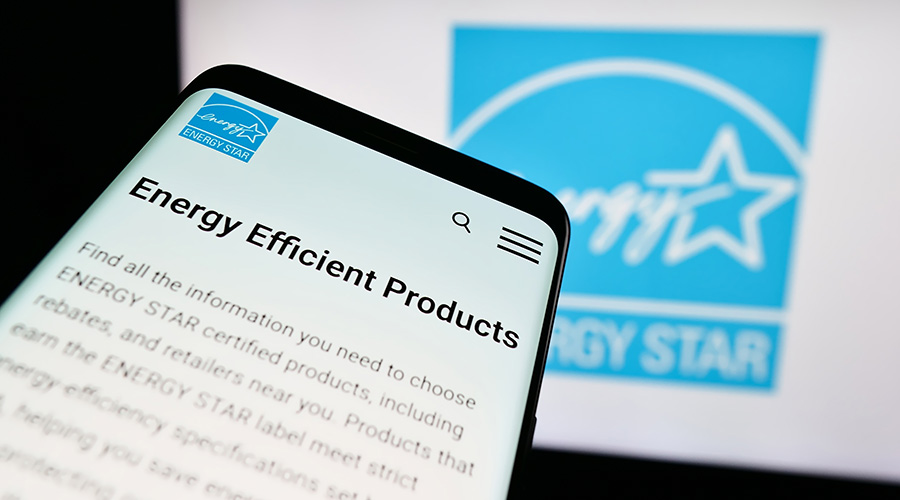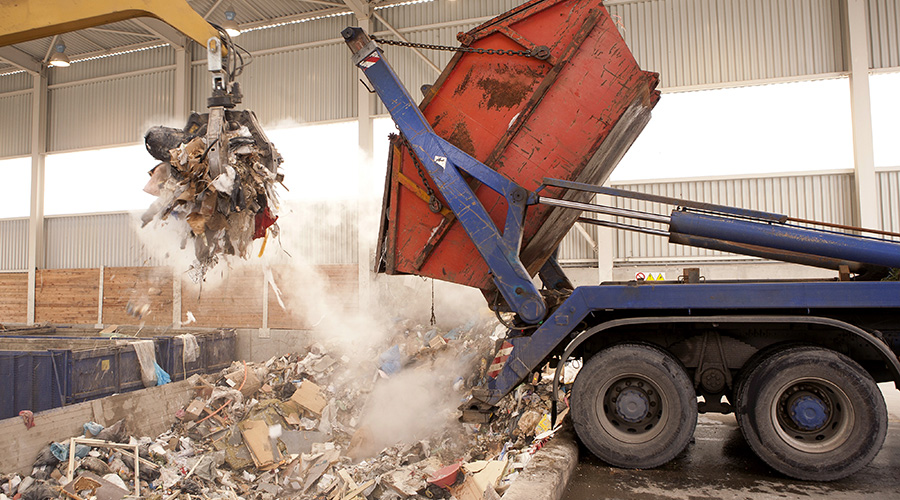Battery Recycling Takes Center Stage
When specifying power and hand tools, managers have an endless number of options from which to choose. Battery-powered tools and other technology advances have provided managers with efficient solutions for an array of jobs. But with innovation comes responsibility.
More than a decade ago, organizations began working to ensure recycling rechargeable batteries would become a more streamlined practice. Managers typically specify cordless tools using three types of rechargeable batteries — nickel cadmium (NiCd), nickel metal hydride (NiMH), and lithium ion (Li-ion) — all of which are harmful to the environment without proper disposal.
EPA Involvement
The U.S. Environmental Protection Agency developed the Universal Waste Rule in May 1995 to reduce the amount of hazardous waste reaching the municipal solid waste stream. The rule eased the regulatory requirements for certain hazardous wastes, such as NiCd batteries. But the rule was not uniform across the United States, creating inconsistencies from one state to the next.
One year later, the Mercury-Containing and Rechargeable Battery Management Act was enacted to promote the collection and recycling of NiCd and other rechargeable batteries, according to the EPA’s Implementation of the Mercury-Containing and Rechargeable Battery Management Act document.
Call for Recycling
The act helped lay the groundwork for states and organizations instituting and expanding various recycling programs today.
The Rechargeable Battery Recycling Corp. (RBRC) established its Call2Recycle program in 2004. More than 50,000 retail, business and community collection locations participate in the program, which facilitates the recycling of NiCd, NiMH and Li-ion batteries. Managers can drop off spent batteries at the RBRC’s 30,000-plus locations. The organization uses them to make new batteries and stainless-steel products. The RBRC recycled more than 6.3 million pounds of rechargeable batteries in 2007, a 12 percent increase from 2006, according to the RBRC.
States Get Involved
In July 2006, California enacted a law prohibiting many retailers from selling rechargeable batteries in the state unless they have a battery-collection system in place. In December 2006, New York City established a law banning the disposal of rechargeable batteries in the regular trash. The law also states New York City stores that sell rechargeable batteries or products that contain them must accept up to 10 dead batteries of the same shape and size from consumers.
These types of laws, combined with the recycling programs, can help managers looking to recycle power-tool batteries.
— Chris Matt, Associate Editor
Related Topics:











